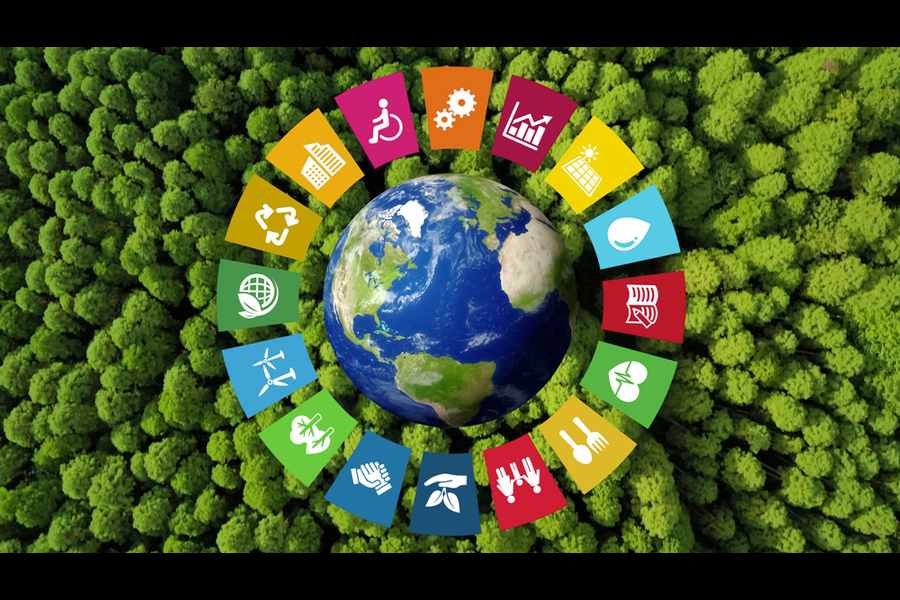The Jharkhand task force on sustainable just transition on Monday suggested to the state urban development department for extensive research and creating in-depth support pathways for sustainable urban development in the state.
Notably, the Government of Jharkhand had constituted the task force in November 2022 headed by retired forest official A.K. Rastogi in light with the India’s government objective of achieving net-zero emission target by 2070 and 500 GW non-fossil fuel by 2030.
The main objective of the task force is to study the effects of transition from fossil fuel based to non-fossil based ecosystem, assess the magnitude of nature of accelerated phase out of coal mines/industries and its impact on the economy, workers and communities, identify opportunities in green sectors and sustainable financing, and further recommend policy intervention at cross- sectoral level to move towards low carbon pathways and green economy.
The concept of just transition, broadly defined as ensuring that no one is left behind or pushed behind in the transition to low- carbon and environmentally sustainable economies and societies.
The task force and its technical partner Centre for Environment and Energy Development (CEED) in collaboration with the urban development and housing department, Jharkhand, held a consultation in Ranchi.
“Discussions revolved around the need for sustainable habitat and proposing sustainable solutions for proceeding towards extensively researching proposed pathways to creating in-depth research associated support,” said an official in the state urban development department.
It suggested an emphasis on solar energy demands assessment to meet the rapidly increasing energy needs for transition to clean energy.
It felt that growing vehicle fleet was leading to higher emissions and there was a need for a shift to clean transportation systems with EVs and green hydrogen technology.
It proposed a climate action plan for proposing climate-resilient infrastructure, sustainable disposal of various waste streams is essential, high carbon intensity assessment in the building and construction sector so that urban development initiatives are environmentally sensitive.
It also felt that influx of migrants leads to increased urban poverty, requiring nurturing and building of social capital for a vibrant social life and hence there needs to be emphasis on local potential and resources in a self-sustained system.
“The deliberation also discussed an increase in the informal economy, particularly in construction and casual jobs. Green jobs need to be created to cater to urbanisation needs and match the growth,” the source added.










